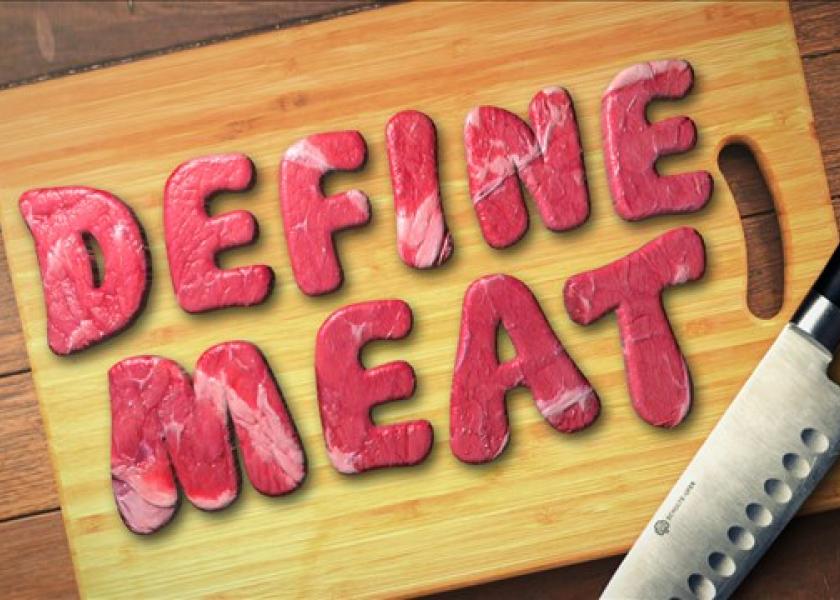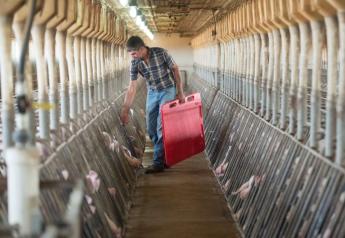Missouri Lawsuit Challenging ‘Meat’ Label Will Continue

Despite settlement talks that have continued for six months, the parties in litigation over Missouri’s law banning food manufacturers from using the word “meat” on products made without animal flesh say they have reached an impasse.
According to court documents filed before the July 4th holiday, attorneys for both sides said that despite repeated attempts to reach a settlement, the case will now proceed to trial.
“The parties do not believe that additional time will allow for resolution of the impasse. The parties are grateful for the Court’s patience as they attempted to reach a final settlement agreement,” the suit states.
In the filing, both parties asked the court to resume the litigation. Plaintiffs have asked for a preliminary injunction on enforcing the law and for class certification of the case. The state of Missouri has asked for oral argument on both motions.
“Two months after the complaint was filed, the plaintiffs filed a preliminary injunction, alleging that they face irreparable harm absent preliminary injunctive relief,” wrote attorney Michelle Pardo, of Duane Morris in Washington, D.C., in a blog post on the case.
“Tofurky’s harm, plaintiffs allege, is the conundrum the amended statute presents: risk criminal prosecution or change the way Tofurky does business by creating specialized marketing and packaging for the state of Missouri or refraining from selling products in Missouri entirely, both of which create additional cost and potential market disadvantages.”
A similar lawsuit was recently filed in Mississippi, where a law that took effect July 1 prohibits the use of meat terms to describe plant-based foods. Vegan products maker Upton's Naturals argues the ban violates the First and Fourteenth Amendments.
Related stories:
'The Pitch,' (Rhymes With 'Rich')
Beyond Meat 'Tastes like Overpriced Falafel'







